

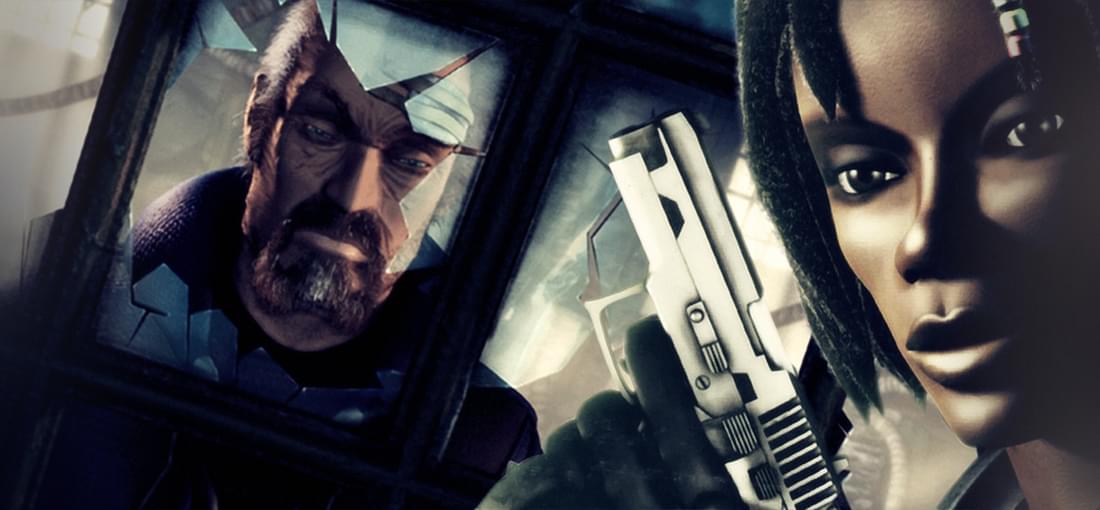
Many mention GTA III when mentioning this game and while I admit there's many similarities but there's also a reason why GTA is now a world famous name and Urban Chaos a forgotten one. Graphically, Urban Chaos looks horrible for a 1999 game. I mean, Quake III Arena was released this year. The fact that it was made for the very aging Playstation 1 says it all. The PC release was a joke, too. Without a gamepad it was practically unplayable - the camera was terrible and there was no mouse support. The car handling is frustration and annoying: your car will stop responding for no reason and take seconds to respond again, sliding around corners is impossible since it's like your tires are glued to the ground, etc. etc. In general, the game responds badly - controls are very sloppy and it can get very frustrating when the game doesn't do what you want it to do. You also have to be in the exact spot for the game to do what you want - there's almost zero margin. Summed up, it's a third rate GTA game without the charisma, the brilliant music and great setting. I mean, the game got slammed in the press for the negatives above so why ignore them now? Since then we've been treated to half a dozen games much better than this.
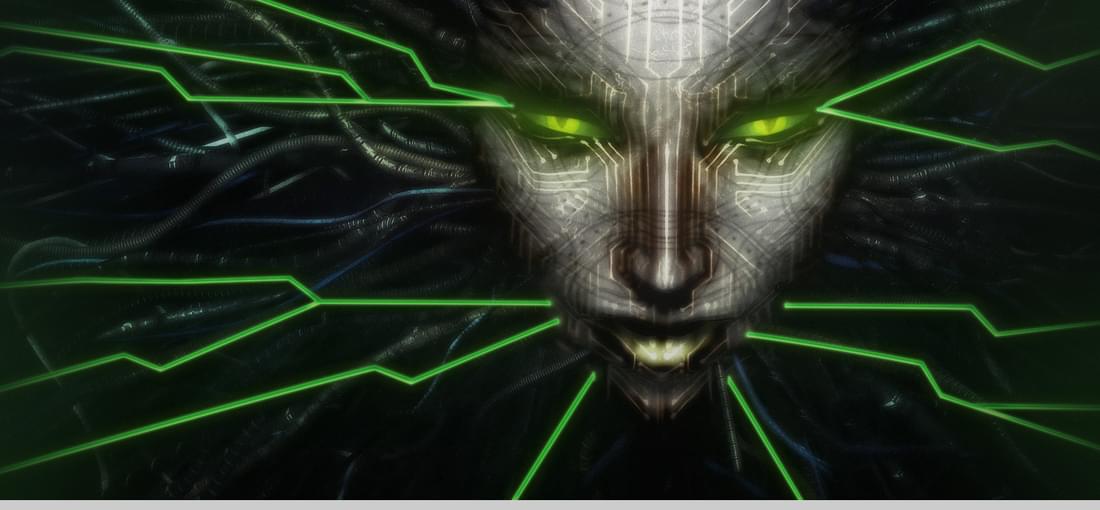
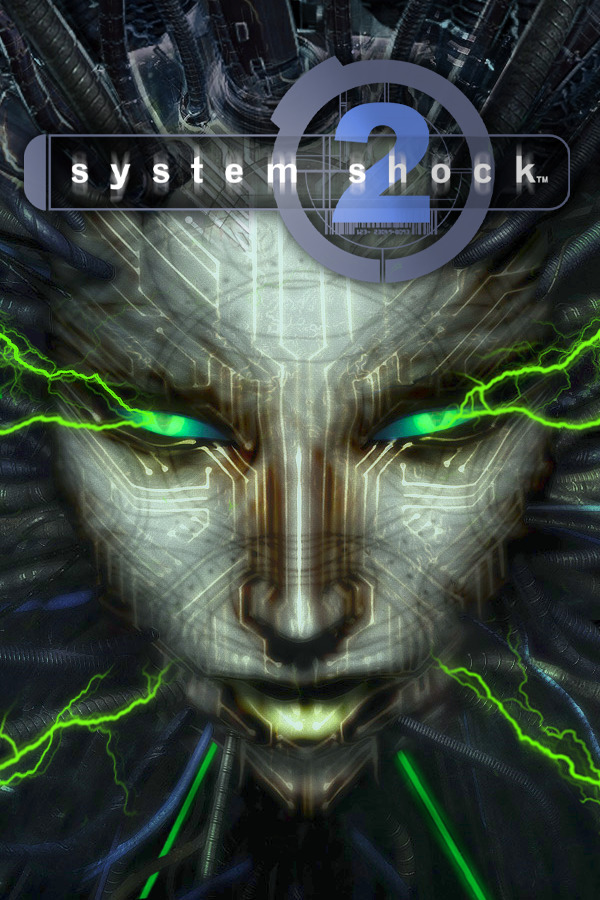
I have a confession to make: when this game was released, it frightened me so much I was incapable of playing it for more than an hour. The respawning simply scared the pants off me and while I'm no fan of respawning, it's one of the few games where it works and makes sense. Replaying it after over 10 years, it's still tense but luckily I can enjoy it now without quitting the game whenever I hear a mutant nearby. It's still a magnificent RPG vs FPS and although the combat was always rather mediocre, the rest of the game more than makes up for it. Remember: this was released a mere year after Half Life! The depth is just amazing.
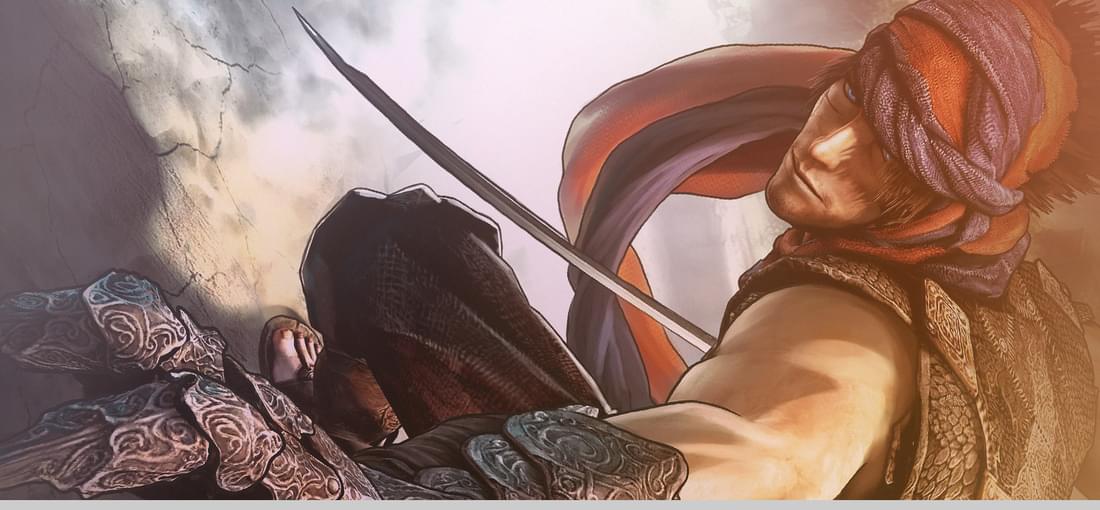
I'll keep it simple: this game does many many things the wrong way. The very core of what makes a Prince of Persia game has been raped by taking away the challenge. Combat is simplified and it's seemingly impossible to fail because the game will always "save you". It always baffled me how this game ever got any decent scores - every positive review seems to harp on about its great graphics yet admitting the game can be tedious, repetitive and dull. Really? Having played it, I can only agree except that I'm not willing to boost the score by 50% just because the game happened to be aesthetically pleasing. No thank you, this one is easily the worst of all recent Prince of Persia games and it's no small wonder that it sold pretty poorly as well.
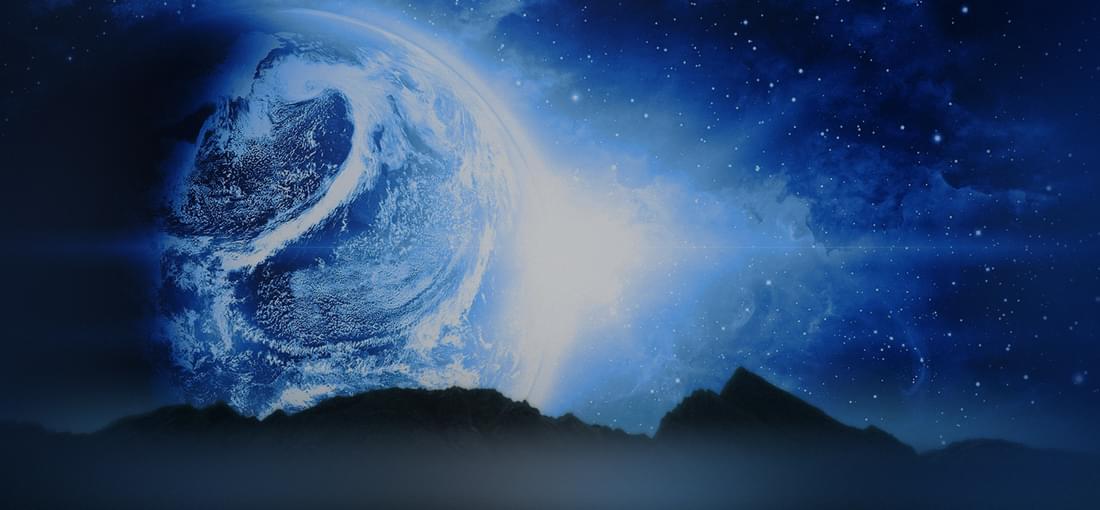
The demo of this game blew me away back in the 90s. Yes, It's quite a complex game but once you understand all the little touches and all the things you can do and the steps you can take, it becomes incredibly addictive and engaging. You move from asteroid to asteroid, mining minerals which you can then sell to buy more buildings, more ships, more technology, more weapons. At the same time you can wage a war with your competitors, nuke their asteroids, even send your exploited asteroids on a collision course with theirs to get rid of their best bases. Expect to be overwhelmed if you don't carefully pay attention, however. The options are many and this is quite a challenging game at best but it's also very rewarding. Highly recommended and one of my most favourite strategy games ever.
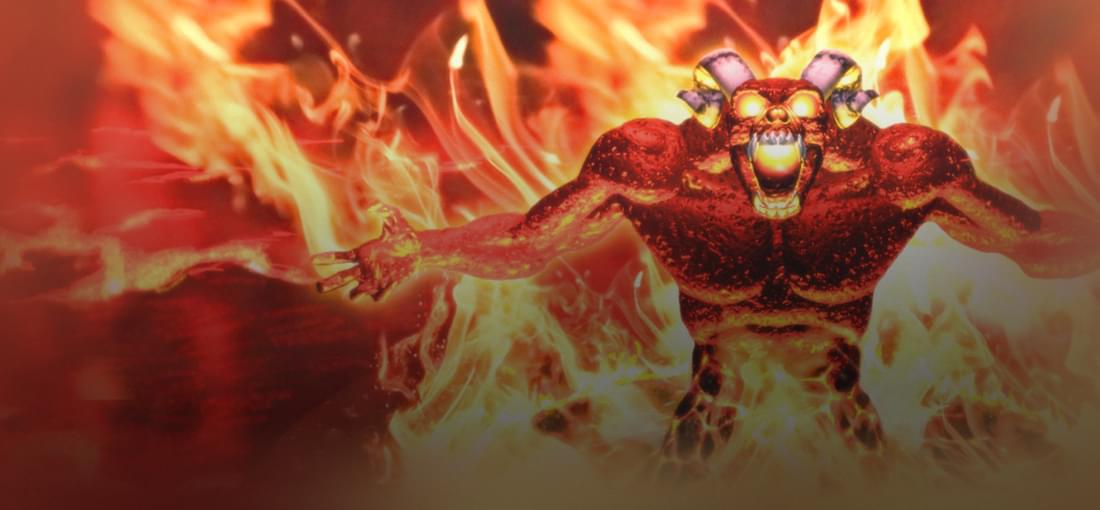
I first played this game 17 years ago and highly enjoyed it. Yes, it's no Ultima VII but it still oozes atmosphere and it retains the highly interactive world of the predecessor. On top of that, you get a very focussed game that encourages exploration and has plenty to enjoy and love. After Ultima VII, it seems Origin wanted to go back to a "tighter" game design - Ultima VII was pretty complex with all sorts of mechanics thrown together. It did make for a great and huge game, but it was also daunting for new comers to the genre and I believe Ultima VIII was taking a step back to become more accessible to those wanting a purer experience. I can honestly say that I understand why they did this - Ultima VII was very overwhelming for me back then and Ultima VIII encouraged me to persevere with it anyway. Had Ultima VIII come before Ultima VII, people would have loved it plenty ...
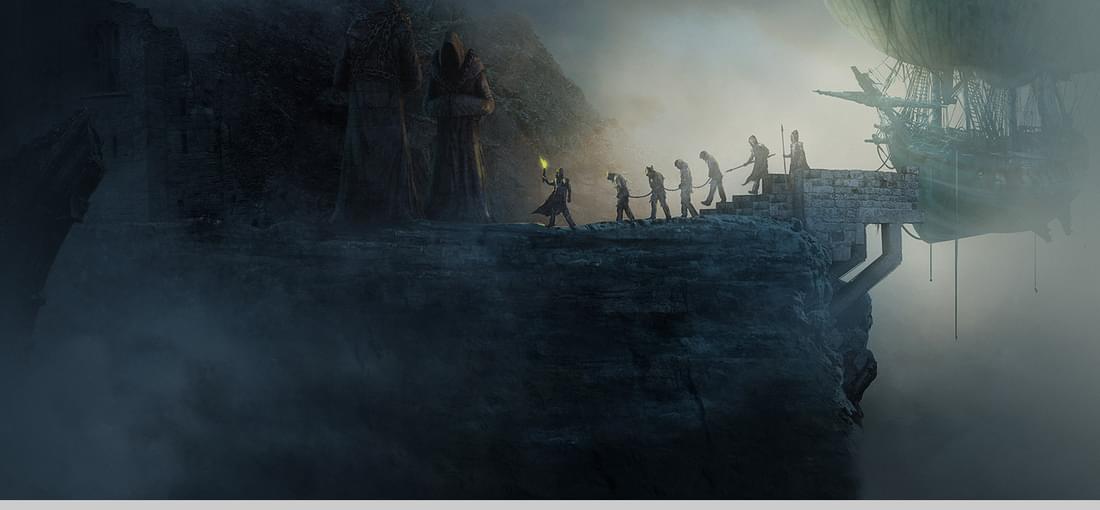
I must admit I always enjoyed these tile-based dungeon crawlers and it's good to see a modern take on the genre after many many years of dust gathering. LoG is clearly a very polished and well executed take on the genre - you have keys, hidden wall switches, floor panels that use pressure switches, etc. It's very much "by the numbers" and there's really little that is done differently compared to the classics of old. This is great if you want a modern version of such a game but less great if you recognise the flaws the genre has. For example, they could have added more diverse walls & scenery - paintings, tapestries, unique decorations, etc. to liven the place up and make it feel a bit more unique. The game reuses the same art far too much (something which the games of old were guilty of as well) which is a shame. The game also relies too much on switches, keys and pressure panels - it's all kept as simple as games such as Eye of the Beholder but I still wish there was a better story, some more variety, more unique interactions (think Lands of Lore). Still, the game is great at what it does, even if it doesn't really attempt to improve the genre where possible. It's still very enjoyable after all.
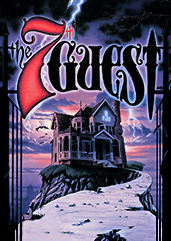
When we review The 7th Guest, the following has to be taken into consideration: they took a very bold step when making this game. At the time, less than 5% of all PC owners had a CD-ROM drive and PCs weren’t even that popular until a few years later. Heck, most didn’t even have a sound card! Looking back, it seemed like a truly baffling risk to take – especially considering how much money it must have cost to make! I can’t find any details about production costs but I’m sure they’re several times that of other games released at the time. Technologically, this game had no competitors: it had crisp VESA graphics (oh, another thing few computers had), full motion video, beautifully 3D rendered graphics and brilliant music. The game itself may seem rather outdated today: it’s basically a very high production puzzle game set in a haunted mansion with each room offering one or two puzzles for you to solve. The ghosts would usually give you a clue what the goal of the puzzle was, but sometimes you were left to figure it out for yourself (which could and would lead to frustrations). Still, the way it was all presented and the atmospheric backdrops did help to make it more than just a puzzle game. The puzzles weren’t as abstract as the later-released (and highly overrated) Myst either. You solved a puzzle in a room and another room would open up – nice and simple. The music deserves a big mention as well: The Fat Man was responsible for the rocking soundtrack which was memorable for sure. Check out his soundtrack 7/11 (you can listen to it for free on Spotify) if you want a taste of it. I can’t say for sure, but it may have been one of the first true soundtracks in a game that was made using real recorded instruments and lyrics. The songs The Game is most likely my favorite and really suit the game well but pretty much every song I pick, brings back memories of playing this game all the way back in 1995 (I wasn’t one of the lucky ones with a CD-ROM drive upon release). If you want to play a piece of history, a game that really pushed the technological envelope, you can’t do much better than The 7th Guest. It still looks good, still plays smoothly and will still be stressing your mind with devious puzzles. I know some are very critical of the game for being nothing more than a lavish puzzle game, but so what? Should all puzzle games be ugly and cheaply made? This game was an experience – the puzzles were just a bonus. I wasn’t a fan of Myst at all, but The 7th Guest just did it so much better … Trilobyte deserved a pat on the back for this game – at the very least it helped sell CD-ROM drives.
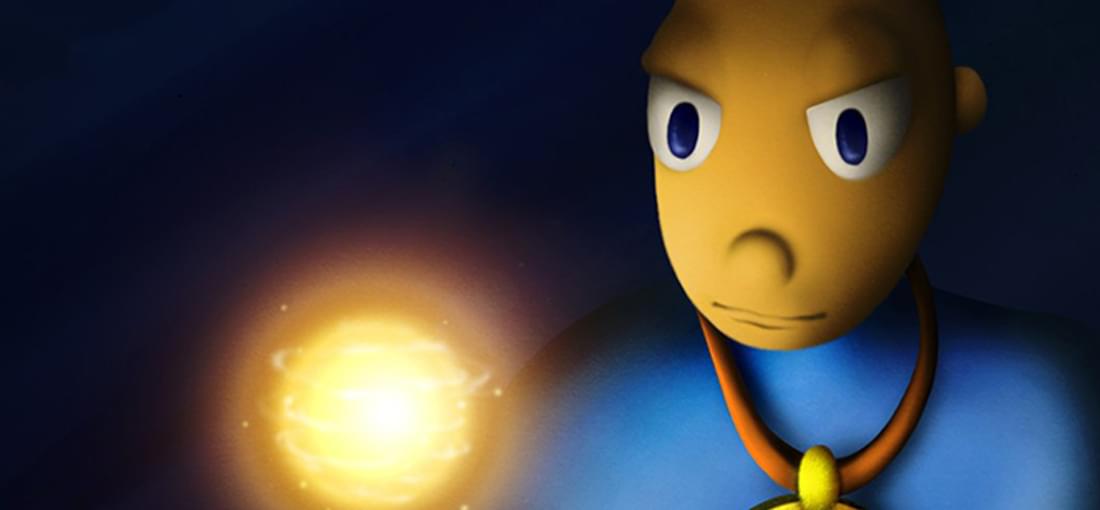
Let me get the negative out of the way: yes, running into walls makes you lose health and can frustrate, yes the save system is pretty bad, yes the game is hard, yes ... the game has flaws. I won't pretend it doesn't but the game itself makes up for all of that. You have graphics that have barely aged, you have brilliant digital music, you have a wonderful atmosphere, an original setting, fun combat, fun puzzles, large areas and, in general, a real classic. This game was very daring at the time and it shows. It's a real adventure and while it's not easy, it's very well worth the effort.